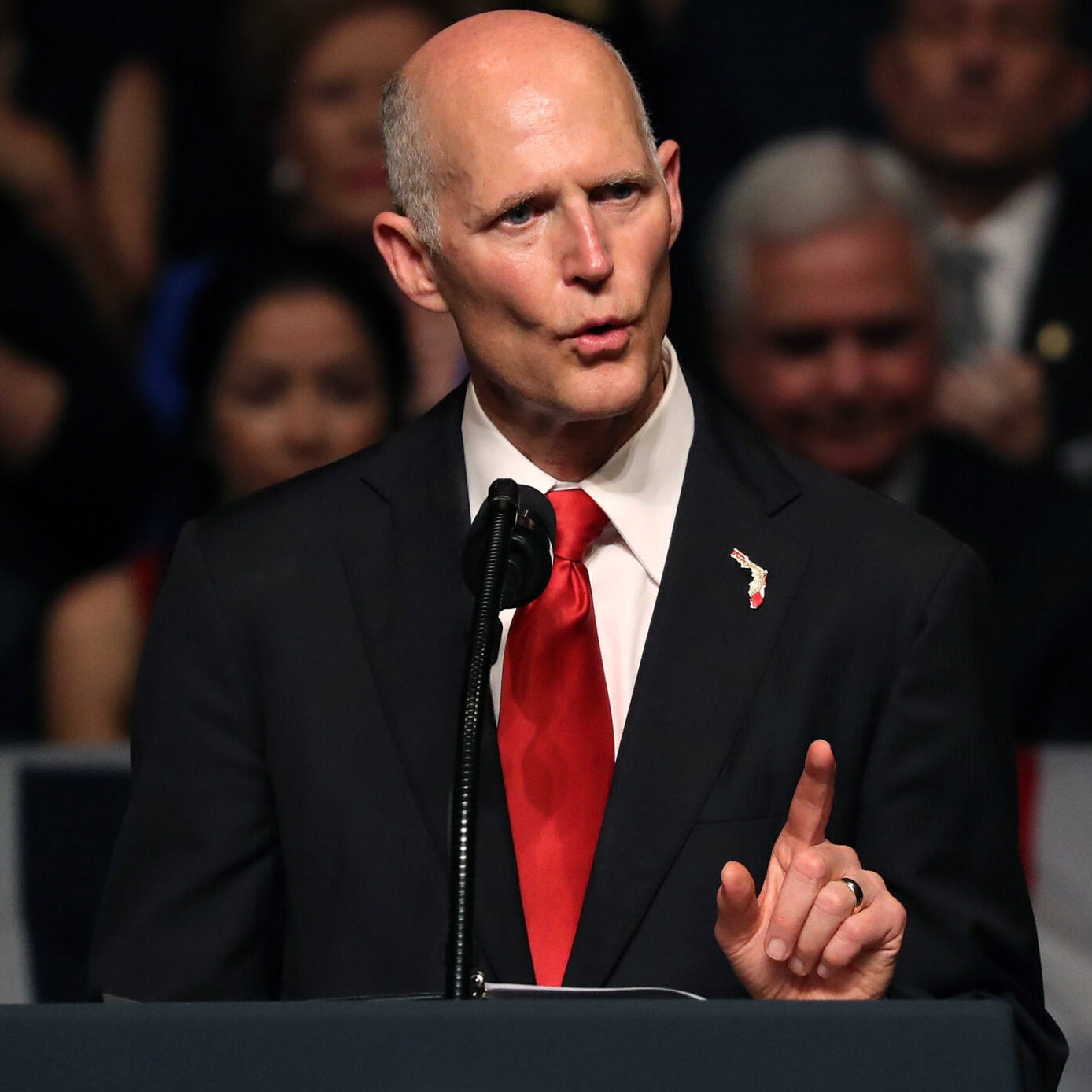The chain has rebalanced the diet of some of the cows by adding lemon grass in a bid to limit bovine contributions to climate change. By tweaking their diet, Burger King said Tuesday that it believes it can reduce a cow’s daily methane emissions by about 33%.
Cows emit methane as a by-product of their digestion, and that has become a potential public relations hurdle for major burger chains.
Greenhouse gas emissions from the agriculture sector made up 9.9% of total U.S. greenhouse gas emissions in 2018, according to the Environmental Protection Agency. Of that amount, methane emissions from livestock (called enteric fermentation) comprised more than a quarter of the emissions from the agriculture sector.
With an over-the-top social media campaig n that teeters between vulgarity and science (sprinkled with more vulgarity), Burger King is banking on the heightened awareness of climate change and its responsibility to limit its own role.
Subtitulo
Burger King está organizando una intervención con sus vacas. 🐄♥️
— BugleMiami (@BugleMiami) July 15, 2020
La cadena ha reequilibrado la dieta de algunas de las vacas al agregar hierba de limón, en un intento por limitar las contribuciones de los bovinos al #cambioclimático.#buglemiami #miami #dade #BurgerKing pic.twitter.com/llScIIzlPa





